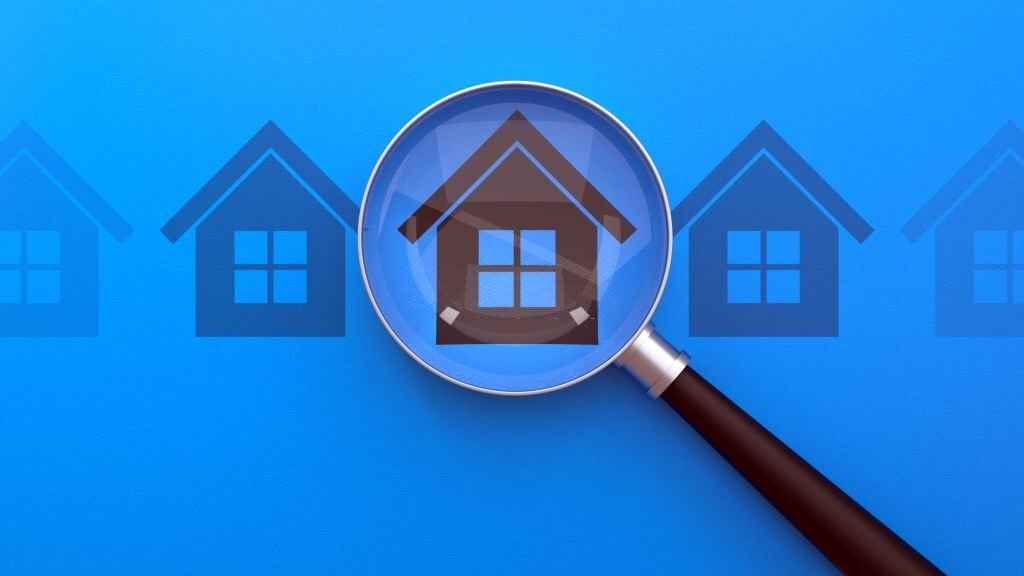When it comes to home Inspection in Lakeland FL, the unique climate of central Florida plays a crucial role in determining what inspectors look for and how they assess various components of your home. The subtropical environment, characterized by high humidity, intense sunshine, and frequent rainfall, creates specific challenges that homeowners and inspectors must address to maintain property integrity and value.
Understanding Lakeland’s Climate Profile
Let’s start by getting to know what makes Lakeland’s climate unique. Situated in central Florida, Lakeland experiences hot, humid summers and mild winters, with an average of 50 inches of rainfall annually. This combination of weather patterns significantly impacts how homes age and perform throughout the year.
Temperature Variations and Their Effects
While Lakeland doesn’t experience extreme cold, the temperature swings between seasons can still affect various home components. Summer temperatures regularly climb into the 90s, while winter nights can occasionally dip into the 40s. These fluctuations influence everything from your HVAC system’s performance to the expansion and contraction of building materials.
Key Areas of Focus During Climate-Related Inspections
Roof and Attic Assessment
The roof takes the brunt of Lakeland’s weather conditions. High temperatures and frequent rainfall make roof inspections particularly critical. During inspections, professionals pay special attention to:
- Shingle condition and alignment
- Flashing integrity around chimneys and vents
- Signs of water penetration
- Attic ventilation efficiency
- Presence of mold or mildew
- Insulation condition and coverage
The intense Florida sun can accelerate shingle aging, while heavy rains test the limits of water-resistance systems. Proper attic ventilation becomes crucial in managing heat buildup and preventing moisture-related issues.
Foundation and Structural Considerations
Lakeland’s soil composition, combined with frequent rainfall, can create unique challenges for home foundations. Inspectors carefully evaluate:
- Signs of settling or shifting
- Drainage patterns around the property
- Foundation crack patterns
- Soil stability indicators
- Water accumulation areas
- Impact on structural integrity
HVAC Systems and Energy Efficiency
The demanding climate puts significant stress on heating, ventilation, and air conditioning systems. Inspectors focus on:
- System age and maintenance history
- Cooling efficiency
- Humidity control capabilities
- Ductwork condition
- Thermostat functionality
- Energy consumption patterns
Moisture and Humidity Management
Perhaps the most significant climate-related concern in Lakeland homes is moisture control. High humidity levels can lead to various issues that require careful inspection:
- Window and door seal integrity
- Wall and ceiling water stains
- Bathroom ventilation effectiveness
- Crawl space moisture levels
- Dehumidification systems
- Weatherstripping condition
Seasonal Inspection Considerations
Summer Inspection Priorities
During the hot summer months, inspectors pay particular attention to:
- Air conditioning performance and efficiency
- Roof condition under extreme heat
- Attic temperature management
- Indoor humidity control
- Window and door seal effectiveness
- Electrical system performance under high demand
Winter Inspection Focus
Though milder than northern regions, Lakeland’s winter months present their own inspection requirements:
- Heating system functionality
- Insulation effectiveness
- Draft prevention measures
- Weather stripping condition
- Pipe insulation in vulnerable areas
- Storm preparation features
Impact on Building Materials and Systems
Exterior Materials
The local climate affects different building materials in various ways:
- Vinyl siding may show signs of warping or fading
- Brick and stone can develop efflorescence
- Wood elements require careful maintenance against rot
- Paint might bubble or peel more quickly
- Metal components may show accelerated corrosion
- Stucco needs regular inspection for cracks
Interior Considerations
Inside the home, climate-related inspection points include:
- Wall integrity and moisture resistance
- Flooring condition, especially in humid areas
- Window condensation patterns
- Interior paint and wallpaper adherence
- Cabinet and trim expansion/contraction
- Indoor air quality indicators
Preventive Measures and Recommendations
Regular Maintenance Suggestions
To combat climate-related issues, inspectors often recommend:
- Quarterly gutter cleaning and inspection
- Regular roof maintenance and inspection
- HVAC system servicing twice yearly
- Proper drainage system maintenance
- Regular pest inspections
- Moisture monitoring and control
Long-term Protection Strategies
For lasting home protection in Lakeland’s climate, consider:
- Installing proper ventilation systems
- Upgrading to climate-appropriate materials
- Implementing effective drainage solutions
- Investing in quality insulation
- Maintaining adequate tree clearance
- Installing humidity control systems
Technology in Climate-Specific Inspections
Modern inspection techniques have evolved to address climate-related challenges:
- Infrared cameras for moisture detection
- Digital humidity meters
- Advanced air quality testing equipment
- Thermal imaging for energy efficiency
- Moisture mapping technology
- Digital documentation systems
Future Considerations and Climate Change
As climate patterns continue to evolve, home inspections in Lakeland must adapt to:
- Increasing extreme weather events
- Changes in rainfall patterns
- Rising average temperatures
- Growing emphasis on energy efficiency
- Evolving building codes and standards
- New construction materials and methods
Conclusion: The Value of Climate-Aware Inspections
Understanding how Lakeland’s unique climate affects home conditions is crucial for both inspectors and homeowners. A thorough, climate-conscious inspection can reveal potential issues before they become major problems, helping maintain your home’s value and ensuring your family’s comfort and safety.
Regular inspections that take into account these climate-specific factors can save homeowners significant money in the long run by identifying potential problems early and suggesting appropriate preventive measures. Remember, while we can’t control the weather, we can certainly prepare for its effects through proper inspection and maintenance practices.
Whether you’re buying, selling, or maintaining a home in Lakeland, working with inspectors who understand these local climate considerations is essential. They can provide valuable insights into how your home is handling the unique environmental challenges of central Florida and recommend appropriate measures to protect your investment for years to come.












Leave a Reply